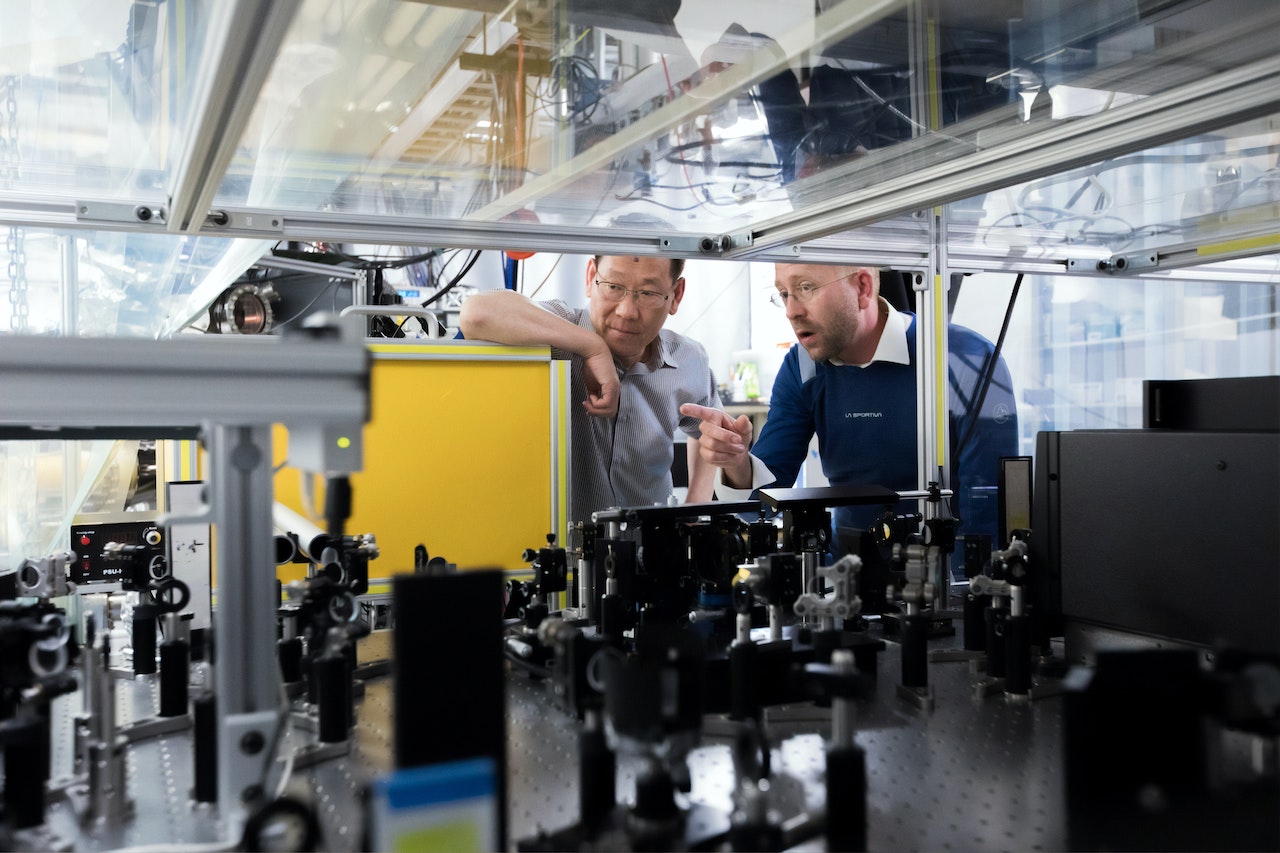
While trends in Lean and Smart Manufacturing methods have increased in recent years in the manufacturing industry, this year, mid-size manufacturers are investing in Smart technology more than ever before.
How are Smart Manufacturing tools helping manufacturers transform their factories during these unprecedented times of a global pandemic and ever-shifting markets? To what advantages in the Smart Manufacturing movement can we attribute these investments?
Here are some of the main reasons mid-size manufacturers are investing in and leveraging Smart technology now:
1. The COVID-19 Pandemic Has Pushed Smart Technology to New Heights
Following the outbreak of coronavirus, manufacturers in different industries across the world have had to address challenges that call for both short-term and long-term strategies to enhance the efficiency of their factories.
Because of this, the potential of Smart technology such as Andon systems, data analytics, and AI is greater than ever. The features of this technology such as wearables, and remote monitoring of machines assist in reducing the need for onsite employees and allow factories to combat the challenges presented by the virus.
While these products were on the rise before the pandemic, the effects of the virus have only exacerbated the need for such technology to address new production challenges.
2. Smart Technology Is Cushioning the Economic Impact of the Virus
During this pandemic, manufacturing companies have had to focus not only on building resilient products for the future but also on collective planning that considers the economic impact of the virus on current supply chains and manufacturing processes.
Interestingly, despite the economic downturn caused by the pandemic, the world’s Smart Manufacturing market value is still expected to hit over $181 billion by the end of 2020, and $220 billion in the next five years, as reported by GlobeNewsWire.
This data indicates that Smart technology innovations are cushioning the economic effects and supply chain disruptions by helping factories respond quickly and efficiently to changing production needs. With these innovations, factories can survive the pandemic while also future-proofing their factories by investing in capital equipment.
3. Smart Manufacturing Tech Is Helping Critical Industries Maintain Production
Smart Manufacturing technology has also played a huge role in helping industries maintain high production rates for high-demand goods.
In healthcare, for example, collaborative robots are increasing the manufacturing of medical products equipment such as masks, ventilators, and other life-support systems. Smart tech works hand-in-hand with existing IT tools to improve production, speed up product development, enhance customers’ experiences, and foster planning of the supply chain to help these industries thrive.
4. Smart Technology Allows Factories to Maintain Healthy Practices
Social-distancing protocols are still in full force in many areas, and the need to address health concerns in factories is just as critical as the need for companies to adapt to the changing demand curves during the pandemic.
Mid-size factors are now relying on smart technology such as Andon systems to keep personnel apprised of disruptions or equipment issues on the production floor. Andons immediately notify appropriate personnel of interruptions by sending a text or email as well as employing a three-part light system.
These types of technology offer innovative solutions that help companies ramp up production output, obtain accurate data, as well as visualize management in real-time without having to risk too many employees being onsite at one time.
5. Smart Manufacturing Drives Automation
One of the main purposes of Smart technology is to help factories and production companies become more efficient and better adopt Lean Manufacturing initiatives. In this fourth industrial revolution, smart machines integrating with software are bringing agility to boost efficiency.
Smart technology achieves such efficiency by replacing labour-intensive production techniques with automation-driven procedures. By transitioning from conventional manufacturing processes characterized by vertical silos, Smart Manufacturers are able to attain benefits such as faster product delivery, improved customer satisfaction, effective resource utilization, and improved maintenance procedures.
Smarter machines also make the production process cost-effective and less time-consuming, which is why Smart Manufacturing technology has become a huge investment for many production companies.
Accordingly, John Bernaden of the SMLC noted, “U.S. business leaders [have] . . . widely predicted that an almost unbelievable $20 to $30 trillion in economic growth will come from this next IT-driven industrial revolution in the decade ahead.”
He emphasized the importance of factories becoming smart through technology, saying, “Only the companies (and nations) that make game-changing mega-investments in smart manufacturing technologies like highly-automated factories, robots and the industrial internet will share in that growth.”
6. Smart Technology Enhances Product Quality & Innovation
Smart Manufacturing tools also lead to higher quality products since they are automated to identify disruptions in the production process, equipment, and more, making it easier for personnel to identify and resolve issues.
Additionally, Smart Manufacturing technology leads to increased innovation, allowing you to integrate advanced technology into your current systems and processes that lead to greater innovation.
To summarize, while the benefits of Smart Manufacturing technology speak for themselves, not all companies are taking full advantage of it. Just 5% of mid-size companies are implementing standards of the 4th revolution.
Before investing in this innovation, you may have to evaluate your factory’s weak points and identify the factors which inhibit its value proposition and competitive edge. To make this crucial decision, you should also call IT experts in manufacturing technology to consult you on how to implement Smart technology into your factory.
For more information on how our manufacturing technology experts at VersaCall can help you, contact us today.
